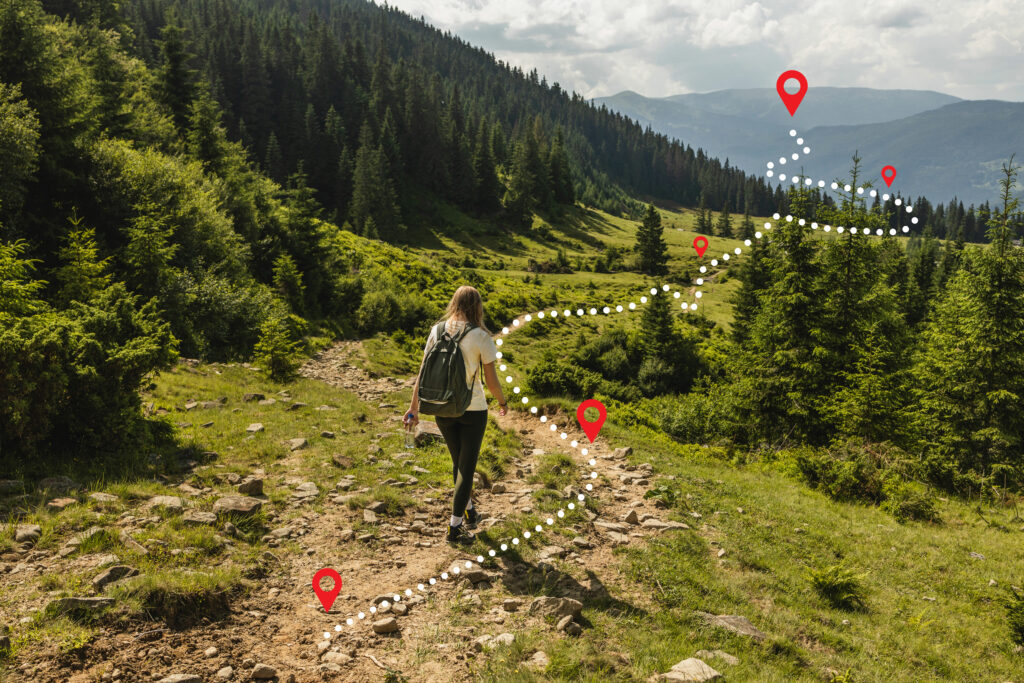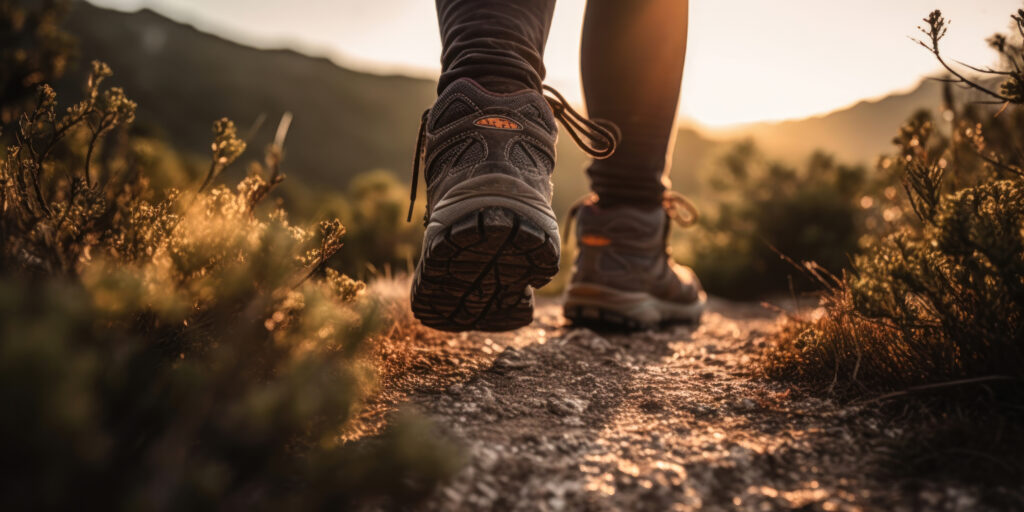
Trail Construction
Exploring the Benefits of Trail Construction
In recent years, trail construction has gained significant momentum, as more and more individuals seek the benefits of outdoor recreation. Whether you’re an avid hiker, cyclist, or nature lover, trails offer a host of advantages that cater to both physical and mental well-being. From the basics of trail construction to the economic and environmental impacts, this article explores the multitude of benefits that trail construction brings to outdoor enthusiasts. So, grab your gear and get ready to hit the trail!
Understanding the Basics of Trail Construction
Before delving into the benefits, it’s important to understand the fundamentals of trail construction. Trail design plays a crucial role in ensuring a safe and enjoyable experience for outdoor enthusiasts.
When it comes to trail construction, there is much more than meets the eye. It involves a careful balance between functionality, aesthetics, and sustainability. Each trail is unique, with its own set of challenges and considerations. For instance, in mountainous regions, trail builders must carefully navigate steep slopes and rocky terrain, ensuring that the path is stable and safe for hikers.
Trail construction is not only about functionality and environmental preservation but also about creating an immersive experience for outdoor enthusiasts. Trail builders often incorporate interpretive signs, educational displays, and rest areas along the trail to enhance the visitor’s experience. These additions provide valuable information about the local flora and fauna, geological features, and historical significance of the area, enriching the overall hiking experience.
Overall, trail construction is a meticulous process that requires careful planning, attention to detail, and a deep understanding of the natural environment. By considering factors such as gradient, terrain, accessibility, and environmental impact, trail builders create paths that not only provide a safe and enjoyable experience but also preserve the beauty and ecological balance of outdoor spaces.

Physical and Mental Health Benefits of Trail Use
Trails offer a multitude of physical and mental health benefits, making them a haven for outdoor enthusiasts. Engaging in activities such as hiking, jogging, or cycling on trails can greatly improve physical fitness levels. The varied terrain and challenges encountered along the way provide opportunities for cardiovascular exercise, strength-building, and improved overall endurance. With each step and pedal, trail users can enhance their physical well-being while enjoying the picturesque surroundings.
Additionally, the mental health advantages of outdoor exploration are undeniable. The natural scenery, fresh air, and peaceful atmosphere help reduce stress levels and promote overall well-being. Walking or biking through trails allows individuals to unplug from the demands of modern life and connect with nature. Research has shown that spending time outdoors can improve mood, boost creativity, and alleviate symptoms of anxiety and depression.
Economic Impact of Trail Construction
Trail construction not only benefits outdoor enthusiasts but also has a positive impact on local economies. The development of trails creates job opportunities, particularly in construction, maintenance, and hospitality sectors. These jobs often provide a vital source of income for local communities, strengthening the economy and enhancing the quality of life.
Furthermore, trails have the potential to attract visitors from far and wide, boosting tourism and stimulating local businesses. Outdoor enthusiasts, such as hikers and bikers, often spend money on accommodations, food, and recreational supplies in the surrounding areas. Consequently, trail construction has the power to revitalize communities, making them more attractive to both residents and visitors.
Interested in a project?
Environmental Advantages of Trail Construction
In addition to the positive impact on individuals and local communities, trail construction contributes to environmental conservation and sustainable outdoor recreation. Trails offer designated paths, diverting foot traffic away from sensitive areas and protecting the natural environment from excessive human disturbance. By guiding outdoor enthusiasts to specific trails, the surrounding wilderness remains undisturbed, allowing plants and wildlife to thrive.
Beyond preservation efforts, trails play a vital role in promoting sustainable outdoor recreation. They help concentrate visitor activity, preventing the harmful spread of crowds in delicate ecosystems. Through proper trail construction, outdoor enthusiasts are encouraged to follow leave-no-trace principles, ensuring that their presence in natural spaces is minimal and respectful.
Enhancing Social Connections through Trails
Trails serve as more than just pathways for physical activity; they also foster social connections and community engagement. By providing accessible outdoor spaces, trails encourage individuals from all walks of life to come together and share their love for nature. Community members can organize group hikes, bike rides, or picnics along the trails, promoting camaraderie and a sense of belonging.
Moreover, trails serve as spaces for cultural exchange, bringing people from different backgrounds together. As diverse groups of individuals explore the trails, they can learn from each other and gain new perspectives on the world around them. This melting pot of cultures and ideas strengthens social bonds, fostering a sense of unity among outdoor enthusiasts.

Additionally, the mental health advantages of outdoor exploration are undeniable. The natural scenery, fresh air, and peaceful atmosphere help reduce stress levels and promote overall well-being. Walking or biking through trails allows individuals to unplug from the demands of modern life and connect with nature. Research has shown that spending time outdoors can improve mood, boost creativity, and alleviate symptoms of anxiety and depression.
Fostering Community Engagement
Trail construction not only brings individuals together but also encourages community engagement. Residents living near trails often take pride in their local outdoor spaces and actively participate in their development and maintenance. Through volunteer programs, individuals can contribute their time and effort to keep the trails clean and well-maintained, ensuring a safe and enjoyable experience for all users.
Trails as Spaces for Cultural Exchange
Trails provide a unique platform for cultural exchange. Different communities and cultures often share their traditions, stories, and knowledge along the trails. This exchange of ideas and experiences helps build bridges between diverse groups, promoting understanding and respect.
In conclusion, trail construction offers a wide array of benefits for outdoor enthusiasts. From the careful planning of trail design to the physical and mental health advantages of trail use, the positive impacts are far-reaching. Furthermore, the economic benefits and environmental conservation efforts associated with trail construction contribute to the overall well-being of communities. Trails not only enhance social connections but also serve as spaces for cultural exchange, fostering unity among diverse groups. So, whether you seek solace in nature, a boost to your fitness levels, or a sense of community, hit the trail and discover the myriad benefits that await you.
Current Projects
Stairway To Heaven - Central City, CO
Proud to announce the development and construction of Central City, CO’s “Stairway to Heaven” a hiking trail with over a quarter mile of stairs with 300 feet of elevation change. This trail is currently in progress as we install over 140,000 pounds of large format tinder stairs and 600 tons of gravel. read more about it!
Completion timeframe – September, 2023